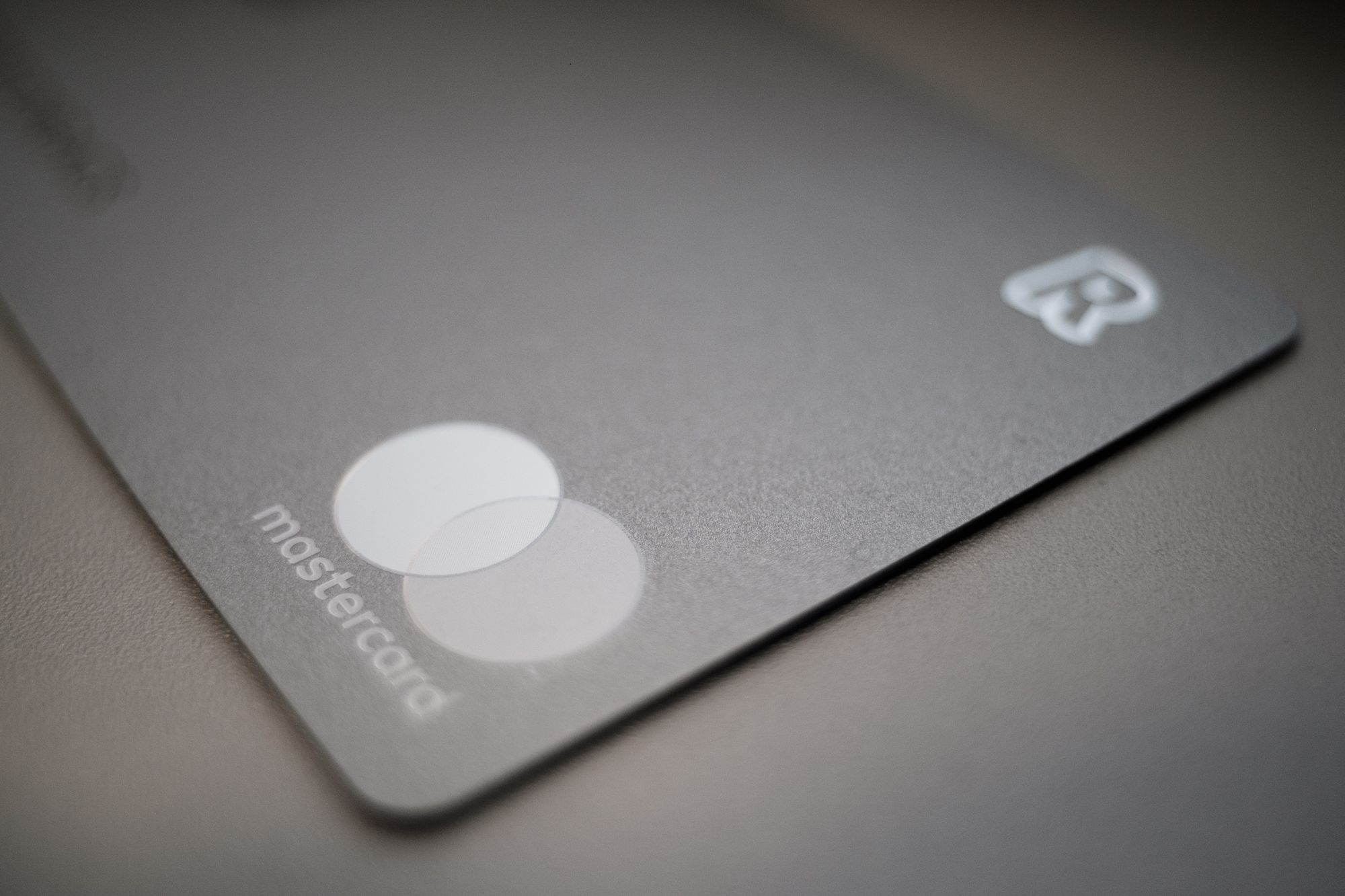In a fintech world, it is only logical that people have questions in mind when it comes to newer financial institutions that arise. So, what is digital banking? Are online banks safe? What are the risks of online banking? The latest trend of digital banks emerged with occasional benefits and drawbacks when compared to traditional banks.
In this post, we will be exploring the world of digital banking from its definition to its pros and cons. Moreover, we will be discussing some of the best online banks in the market, along with their useful features. So, keep in mind the features that a bank offers before diving into this article. Then, it will be much easier to identify if a financial institution matches your business needs.
The definition of digital banks
Financial institutions that mainly operate online through mobile apps and platforms form the totality of digital banks. Their basic difference from traditional banks is the existence of actual locations. Online banks can be accessed through phones and computers, but they have no buildings to enter physically. Subsequently, the easiness of accessibility makes the whole ordeal of standing in line seem like a distant dream.
The advantages of digital banks
The majority of online banks offer a variety of streamlined processes to businesses and customers. With most digital financial institutions, you can get and send payments through wire transfer. At the same time, they have mobile and online apps through which you can handle money transfers but also have a total overview of your banking activity, without paying a visit to any bank departments. Additionally, online banks provide their clients with business bank accounts and banking services.
The most important benefits that a digital bank offers are lower fees and beneficial interest rates. All the user-friendly features are made possible due to the lack of a physical location. The maintenance costs of a banking branch are considerable, and that is the reason that traditional banks provide more costly services.
Trusted online banks are subjected to laws and regulations, the same as traditional institutions. This way, they ensure that they offer services without security issues. For example, online American banks have to comply with the Federal Deposit Insurance Corporation (FDIC) regulations in order to protect their online accounts. Thus, if you are still asking yourself, “Are online banks safe?” the answer is yes as long as you choose one that complies with existing legislation around cybersecurity and funds protection.
Last but not least, not being a brick-and-mortar bank does not necessarily mean that you do not provide clients with all the expected services. For example, reliable digital banks will give access to ATMs so that customers can attend to occasional financial needs. Withdrawing amounts of money from ATMs outside the ATM group may also be possible, with an added ATM fee. Some banks may even refund you this fee if their policies dictate accordingly.
The disadvantages of digital banks
As you can imagine, online banks also have downsides when compared to their traditional equivalents. Institutions that only provide digital banking lack physical spaces. So, they also have no employees with which clients can have face-to-face conversations or create more personalized relations. In case a loan is needed, then an employee of a traditional bank could also make some changes in the contract and show discreetness to accommodate businesses.
At the same time, some transactions may not be that easy. Online money transfers or check deposits can be carried out through digital banking apps. Digital banks handle cash deposits with difficulty due to their online nature. Thus, it is highly important to contact the online bank of your choice to see how they manage international transactions and deposits.
Online banks do not have their own ATMs, and this can also be viewed as a drawback. For that reason, there are collaborations between digital banks and ATM networks. However, you need to crosscheck if those ATMs exist in your neighborhood, city, and country in general before choosing a digital bank for your business transactions. In addition, there is the issue of fees when withdrawing funds from your bank account. Thus, you need to know how many free monthly visits you have to the ATM or if your online bank will refund the fees you pay to the ATM.
Following, you can find five examples of digital banks from the U.S. and Europe that offer reliable financial services for the time being. Let’s find out if these online banks are safe to use.
The 5 best online banks for your business needs
Ally Bank
While surfing the internet for online banks, the name Ally Bank comes up in most “best of” lists. Ally Bank (an American financial institution previously called GMAC since 1919) entered the digital banking sector in 2009, leaving behind any physical spaces. As of now, Ally services more than a million customers, offering checking and savings accounts. As an online bank, Ally also started offering services like credit cards, deposits, loans, and other financial products.
Pros:
The online bank is FDIC (Federal Deposit Insurance Corporation) approved, so accounts and transactions are secure.
Opening multiple accounts are easy to carry out, and there is no need to enter identity and banking information repeatedly. Plus, you can keep an account open without any set minimum amounts.
Ally Bank does not have any monthly costs for account maintenance and offers great interest rates with an annual percentage yield of around 1%, much higher than brick-and-mortar banks.
Fees’ reimbursements for transactions at ATMs outside the network are set up to $10 per month.
Online deposits can happen by taking a simple photo of a check through iPhone and Android apps.
There are no fees for international or U.S. wire transfers.
It also offers 24/7 customer support via live chat, phone, and email.
Cons:
Cash deposits are not possible.
Ally Bank asks for $10 per transaction within a savings account, after having completed six transactions per month.
Revolut
This Londoner challenger bank seems like it is here to stay, offering payment cards and banking services altogether. Revolut came to being in 2015. Since March 2020, it expanded its scope to provide its services to the USA as well. It offers different accounts (and pricing) for freelancers and companies with business relations and transactions worldwide.
Pros:
With Revolut accounts, you can pay and get paid in 28 currencies following the live foreign exchange rates.
Revolut allows cash withdrawals that do not exceed $3000 per month.
As a digital bank, it also offers help with acquiring, keeping, and switching cryptocurrencies like Bitcoin and Ether to normal currencies, at the best possible rate.
Revolut also addresses the expensive topic of international fund transfers. In the free plans for freelancers and businesses, there is no provision for free international payments. So, you can either pay $3 per international transfer or upgrade to a more advanced plan to have 10 free international transactions per month.
There is also the added privilege of 24/7 support for the paid plans.
Last but not least, Revolut integrates with apps like Xero, Slack, and FreeAgent.
Cons:
Weekend transactions cost extra, with an added percentage of 0.5-2 % over the live foreign exchange rates, on all available plans.
At the time of writing, it is not possible to physically deposit money to your Revolut account.
The provided Revolut customer support is in the form of emails, and live chat with can take longer than desired (especially for free users). As advertised, the paid account holders are given a priority, which generally means the first response comes within minutes.
No phone line has been set for a more direct kind of communication.
Pricing plans for the U.S.: Free, Grow ($39.99/m), Scale ($149,99/m)
Plans and pricing differ depending on the country you choose, so to learn more about your country, visit the official website.
Radius Bank
As a financial institution, Radius Bank started as a community bank in 1987. It currently has only one physical space in Boston, MA. It is another bank that can be found in the best online banks of 2020 because of the variety of financial services and products.
Pros:
Radius is FDIC insured and 256-bit encrypted to ensure vigilant security.
Cash deposits are not the norm, but the ATMs in Boston and a limited number of the MoneyPass/NYCE networks offer this service.
There are different accounts for different business sizes available. Especially the online small business accounts are ideal for online operations.
Radius has no account fees.
Customers are not charged when withdrawing funds from ATMs worldwide.
At the time of writing, it also offers a paycheck protection program with loans reaching $10 million for businesses that fulfill the requirements.
Cons:
As the minimum amount for opening an account, Radius has set $100 even though there is no minimum balance limit.
Radius offers interest rates better than brick-and-mortar banks. However, there are not the highest ones in the market. Moreover, higher funds in accounts result in better interest rates that accommodate mid-to-large businesses.
N26
Moving on to another online bank, N26 is one of the first ones in the field that started operating in Berlin in 2013. It is active in 24 markets around Europe (not the UK). It also keeps expanding worldwide since, in 2020, N26 can service customers in the U.S.
Pros:
N26 offers customers the chance to open and maintain an account without added fees.
It also offers financial products like personal loans and travel insurance.
N26 offers secure deposits, 3D safe for digital transactions a well as two-factor authentication.
A visit to an ATM is free provided that you withdraw money in the same currency that the account was created.
This currency principle applies to fund transfers as well.
N26’s app CASH26 helps customers deposit cash to specific accounts through available ATMs in the neighborhood. This service is only available in Germany and Austria, and the deposit charge is 1.5%.
Cons:
There is no possibility of a multicurrency account.
N26 has a 1.7% fee when withdrawing money in another currency apart from the standard account currency.
This online bank also holds a €0.5-3 for international transfers.
N26 does not offer phone support. The in-app live chat and chatbot support may be arduous at times.
Pricing plans: N26 Account (free), N26 You (9.90/month), N26 Metal (16.90/month)
The paid plans (accompanied by the respective cards) offer free withdrawals in the EU and in any currency to facilitate operations for businesses.
Discover Bank
For history’s sake, the Greenwood Trust Company dating since 1911, was purchased by Discover Financial in 1985. In 2000, the bank was renamed to Discover Bank. The Greenwood Trust Company on East Market Street in Delaware is the only physical location where customers can still do transactions in person. All in all, Discover is an online bank for the majority of the account holders, lacking physical branches.
Pros:
Discover offers perks like a 1% cash return when making debit card monthly purchases up to $3000 on a monthly basis.
It also provides customers with a vast network of 60.000 ATMs for easier transactions, thankfully, without any fees.
Similar to previous online banks in this list, it has no monthly account costs and does not ask account holders to keep a specific balance in their checking or savings accounts.
Cons:
Discover Bank does not compensate any fees for any transactions done at an ATM outside the already established network.
Regarding the money market or CD (Certificate of deposit) accounts, the initial balance should be at least $2.500.
So are online banks safe to use?
The answers to these questions are, “Yes, they are.” Of course, they come with benefits and drawbacks. Thus, businesses need to know their financial needs, do thorough research on the online banks that are on the market, and then decide which one works for them.
Online banks are born out of the rise of technology to streamline processes and become trusted financial companions for freelancers, start-ups, and companies around the world. Hopefully, as the fintech revolution advances, digital banks will keep evolving in order to provide the best banking services and maybe even become the new norm replacing the brick and mortar banks in the future.





